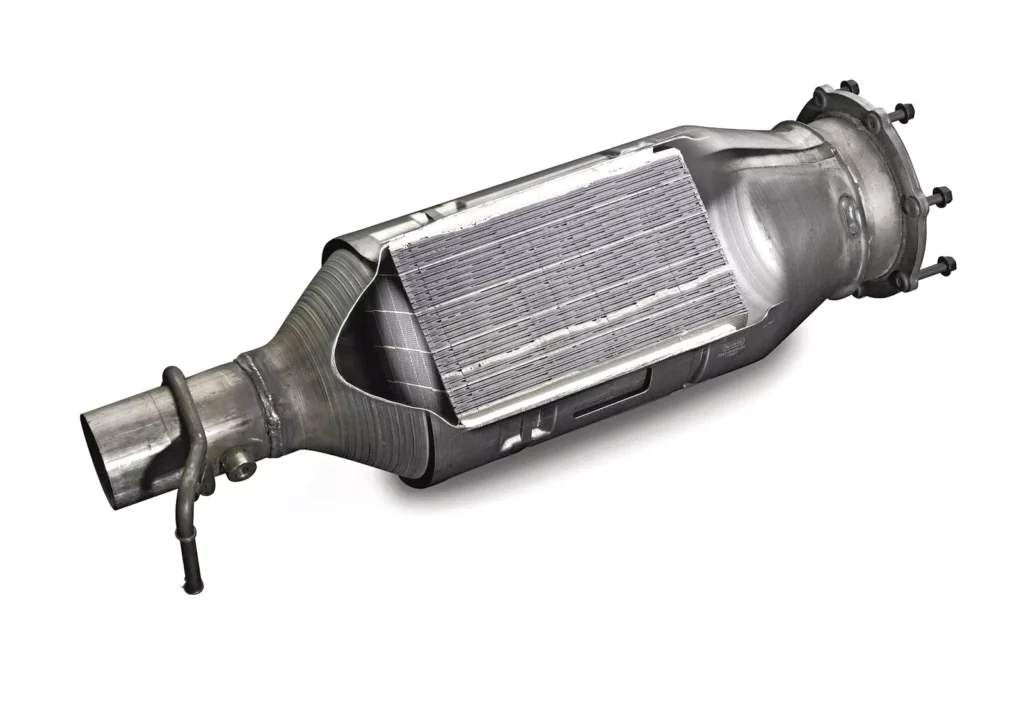DPF Filter

The Benefits of Disabling DPF: A Comprehensive Guide
Diesel Particulate Filters (DPF) are designed to reduce emissions in diesel engines. However, some vehicle owners consider disabling this system for various reasons. This article explores the potential benefits that some drivers claim to experience after disabling the DPF system in certain vehicles.
1. Benefits of Disabling DPF
1.1 Improved Engine Performance
One of the primary reasons drivers consider disabling their DPF system is the potential for enhanced engine performance. Removing the DPF may lead to:
- Increased horsepower and torque
- Better engine responsiveness
- Improved acceleration
1.2 Enhanced Fuel Economy
Some drivers report experiencing better fuel economy after DPF removal. This improvement may be attributed to:
- Reduced back pressure in the exhaust system
- Less fuel used for DPF regeneration cycles
- More efficient overall engine operation
1.3 Reduced Maintenance Costs
Removing the DPF can potentially lead to lower maintenance costs due to:
- Elimination of DPF cleaning or replacement expenses
- Reduced risk of DPF-related failures
- Less frequent servicing requirements
1.4 Improved Reliability
Some drivers claim improved vehicle reliability after DPF removal, citing:
- Fewer system failures related to the DPF
- Reduced risk of engine damage from excessive soot buildup
- Elimination of issues related to incomplete DPF regeneration
1.5 Extended Engine Life
Proponents of DPF removal argue that it can contribute to a longer engine lifespan by:
- Reducing strain on the engine
- Lowering operating temperatures
- Improving overall engine efficiency
1.6 Simplified Exhaust System
Removing the DPF can lead to a simpler exhaust system, potentially offering:
- Improved exhaust flow
- A more appealing exhaust note
- Easier access for other exhaust modifications
2. Conclusion
While there are potential benefits to disabling the DPF system, it's crucial to understand that doing so may have legal and environmental implications. Always consider local regulations and consult with automotive professionals before making any modifications to your vehicle's emissions control systems.


